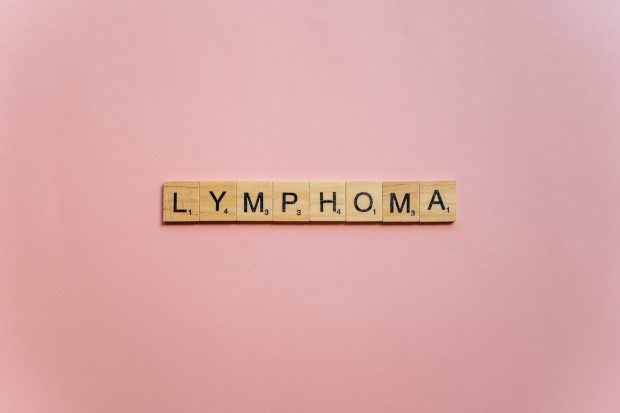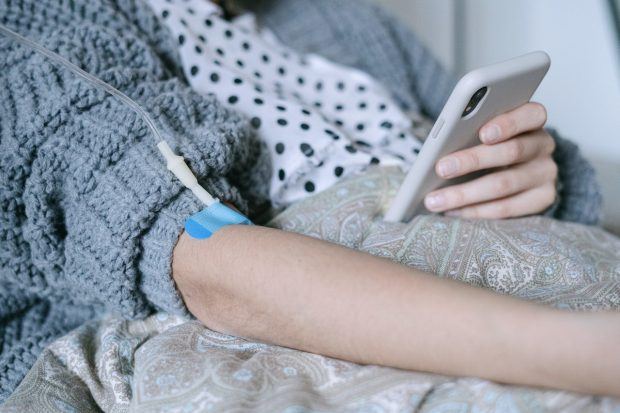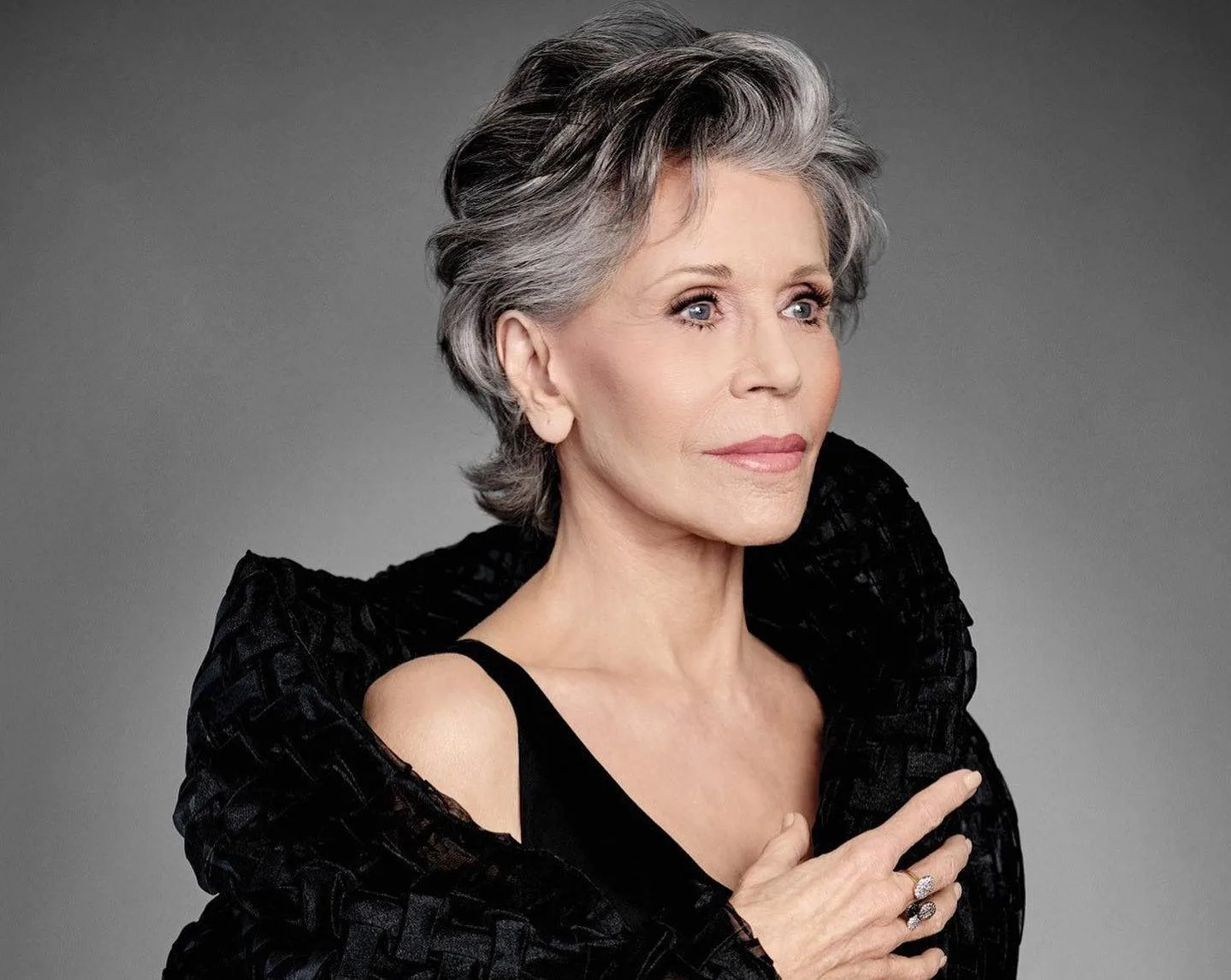This past Friday, actress and climate activist Jane Fonda took to Instagram to reveal that she had been diagnosed with non-Hodgkin lymphoma at 84 years old. The actress shared that as painful as the diagnosis was, she considered herself lucky as she has “health insurance and access to the best doctors and treatments”. This is opposed to millions of other people who received the same diagnosis and yet do not have access to the quality health care that Fonda is receiving.
What is non-Hodgkin lymphoma?
According to the Mayo Clinic, non-Hodgkin lymphoma (NHL) is a type of cancer that starts in one’s lymphatic system, which forms part of the immune system, particularly the germ-fighting part. One type of white blood cell found in the body is called lymphocytes. Cancer can cause them to grow abnormally, creating tumors throughout their body.
Lymphoma is a cancer of the lymphatic system, and it includes the lymph nodes (lymph glands), spleen, thymus gland, and bone marrow. The two main types of lymphoma are Hodgkin’s lymphoma and non-Hodgkin’s lymphoma; even these are broken down into subcategories.

Photo by Anna Tarazevich
As there are many different types of lymphoma so when it comes to classifying them, the World Health Organisation suggests that they be grouped in the following way;
- The type of lymphocyte the lymphoma starts in
- How lymphoma looks under a microscope
- chromosome features of lymphoma cells
- The presence of specific proteins on the surface of the cancer cells
What causes non-Hodgkin lymphoma?
While doctors are aware of the risk factors associated with non-Hodgkin lymphoma, they’re not entirely sure what causes the disease, especially because there are so many different types of the condition.
According to the American Cancer Society, changes in DNA and the immune system each play a role in the development of lymphoma.
Am I at risk?
According to the American Cancer Society, the following factors can affect a person’s chance of getting non-Hodgkin lymphoma:
- Age – Most lymphoma cases occur in people 60 years of age and older. However, there are cases of lymphoma in younger people.
- Gender – Men are more likely to develop NHL with research indicating that, in general, women have a 30% lower overall incidence of NHL.
- Race – Non-Hodgkin lymphoma is more common in Caucasians than in African Americans.
- Family history
- Radiation exposure
- A weakened immune system
- Having an autoimmune disease
- Breast Implants – Breast Implant-Associated Lymphoma (BIA-ALCL) is a type of non-Hodgkin’s lymphoma that develops around breast implants and is common in patients with breast implants that have textured surfaces.
What are the symptoms of NHL?
Symptoms of non-Hodgkin lymphoma include:

janefonda/instagram
- Swollen lymph nodes in the neck, armpit, and groin area
- Unexplained weight loss
- Fatigue
- Swollen abdomen (belly)
- Feeling full after only a small amount of food
- Chest pain or pressure
- Shortness of breath or cough
- Severe or frequent infections
- Easy bruising or bleeding
- Night sweats
It’s important to reach out to a doctor if any of the above symptoms become persistent. They will run a series of tests, which include a physical examination and blood tests, followed by a biopsy before confirming your diagnosis.
How is non-Hodgkin lymphoma treated?
Depending on the type of non-Hodgkin lymphoma diagnosis, there are many different forms of treatment available. The aim of the treatment is to kill off the cancerous cells and prevent them from multiplying.
Jane Fonda has opted for chemotherapy, which is a common treatment option for people with NHL as well as for those whose lymphoma comes back after their initial treatments.

Photo by Ivan Samkov
Other forms of treatment include radiation therapy, bone marrow transplants, immunotherapy as well as targeted drug therapy, and engineered immune cells.
What’s the survival rate?
According to Jane Fonda’s Instagram post, 80% of people survive, yet official statistics place the overall five-year relative survival rate for people with non-Hodgkin lymphoma at 73%.
How can I protect myself?
Sadly, there is no sure way to prevent non-Hodgkin lymphoma (NHL), especially because many of the risk factors aren’t modifiable.
That said, the best way to protect yourself would be by protecting yourself against HIV/AIDS and hepatitis C infections, avoiding unnecessary exposure to radiation, quitting smoking, and anointing a healthy weight by following a well-balanced diet and regularly exercising.
MAIN IMAGE CREDIT: janefonda/instagram
References
Horesh, N., & Horowitz, N. A. (2014). Does gender matter in non-hodgkin lymphoma? Differences in epidemiology, clinical behavior, and therapy. Rambam Maimonides medical journal, 5(4), e0038. https://doi.org/10.5041/RMMJ.10172





![women [longevity live]](https://longevitylive.com/wp-content/uploads/2020/01/photo-of-women-walking-down-the-street-1116984-100x100.jpg)










